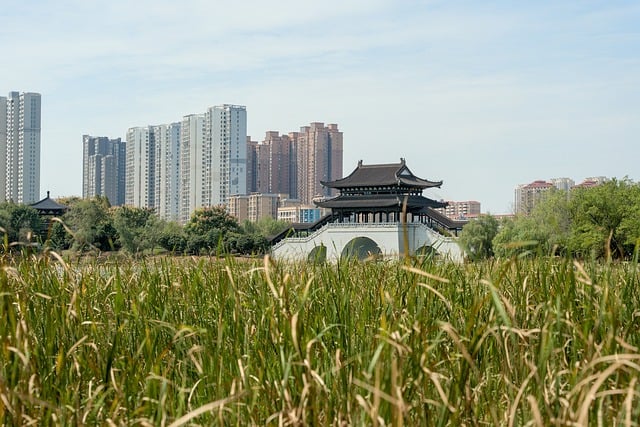Growing Green Communities: The Eco Footprint Expert’s Guide to Sustainable Gardening
In an age where climate change and environmental degradation are at the forefront of our collective consciousness, the role of the ecological footprint expert has never been more pivotal. These professionals are not only focused on analyzing the ecological impact of our activities, but they also play a key role in guiding communities toward sustainable living practices. One of the most rewarding avenues that communities can explore is sustainable gardening, which serves as a bridge between nature and urban life.
Gardening is more than just a hobby; it’s a powerful tool for fostering an eco-friendly environment. By choosing to grow our food instead of relying on mass-produced options, we can significantly reduce our carbon footprint. A well-planned garden can minimize reliance on fossil fuels associated with transportation and packaging. Imagine stepping into your backyard and plucking fresh tomatoes or vibrant greens; this not only nurtures your body but also nurtures the earth.
To cultivate a green thumb while ensuring sustainability, consider implementing permaculture principles. Permaculture is a design philosophy that mimics the natural ecosystems, focusing on a harmonious relationship with the environment. It emphasizes the importance of biodiversity, allowing us to create lush gardens loaded with various plant species. By choosing native plants that thrive in your local climate, you’re not only reducing water usage but also supporting local wildlife, thereby reinforcing the natural balance of your community.
Moreover, community gardens serve as a perfect backdrop for collective growth. These shared spaces allow neighbors to come together, share resources, and impart knowledge. When you cultivate a community garden, you’re not just planting seeds; you’re sowing relationships. These interactions foster a sense of belonging and shared responsibility, essential elements for creating sustainable communities. In these green spaces, you can exchange tips, seeds, and even produce, thereby enhancing local food security.
As we talk about sustainability, water conservation emerges as an essential component in gardening. Simple techniques such as rainwater harvesting and drip irrigation can significantly reduce water waste. Using organic mulches can help retain soil moisture, further conserving resources. These practices not only support your garden’s health but also stand as a testament to your commitment to eco-friendly living.
Composting is another critical practice that ecological footprint experts endorse. It’s a natural way to recycle organic matter and significantly reduces the volume of waste sent to landfills. By turning kitchen scraps and garden debris into valuable compost, we improve soil health, which in turn enhances plant growth, creating a continuous cycle of sustenance. Imagine the pride you’ll feel knowing that your garden is thriving from the very refuse you once considered waste.
Let’s not forget the importance of pollinators. Bees, butterflies, and other pollinating insects play a critical role in the health of our ecosystems. By planting pollinator-friendly flowers and avoiding harmful pesticides, you’re ensuring the survival of these important creatures while also enhancing your garden’s productivity. The joyous sight of bees buzzing from flower to flower not only satisfies the ecological footprint expert within you but also revitalizes your connection to nature.
In conclusion, growing green communities is not just about cultivating plants; it’s about fostering an interconnected web of life. As we embrace the guidance of ecological footprint experts and come together as a community, we can transform our surroundings into thriving, sustainable spaces. Embrace the journey of sustainable gardening and watch as it enriches not only your life but the life of your community and the environment as a whole.




